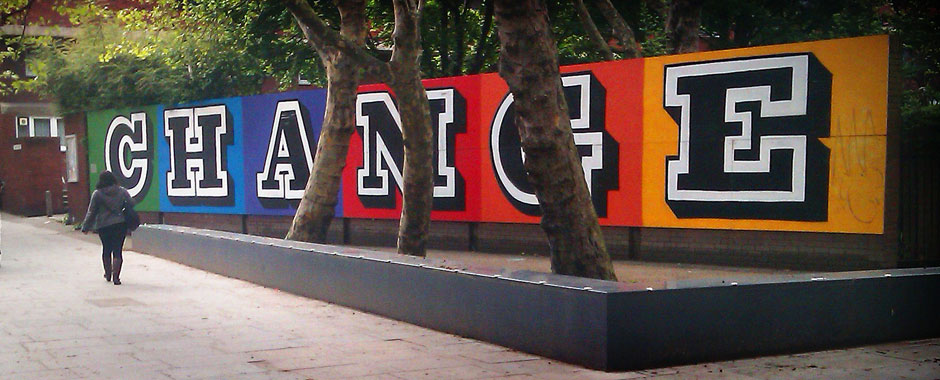A paper by Fiona Marshall (SPRU), Jonathan Dolley (SPRU) and Ritu Priya (South Asia Sustainability Hub) explores how ‘transformative space making’ can contribute to systemic change that supports pro-poor transformations to sustainability.
The authors describe transformative spaces as follows:
“The metaphor of transformative spaces is used here not to suggest a bounded location in space and time, but an evolving connectivity extending in multiple dimensions. This type of “space” is defined not by its boundary separating it from what surrounds it—a holding back—but by the nature and extent of its connections permeating its surroundings and removing the resistance generated by the solidity of the structures through which it grows —a breaking through.
In the case of KS [Knowledge Systems], it can be thought of as an opening up of new possibilities for action; an enlarging of the scope of agency among poor and propoor groups to change and transform the KS. As such, it implies the formation of growing alliances, distributed throughout the KS, engaged in producing and communicating knowledge, creating new imaginations of the future, mobilizing resources, and coordinating collective action. A transformative space is thus a relational space that both enlarges the potential for transformation and lays the pathways through which transformation may be achieved.
The authors illustrate their ideas with cases from India: in particular, work on environmental pollution and food systems in Delhi and Uttar Pradesh; and the story of transformative spaces created in Delhi after resettlements in the 1970s.
Download the paper
Marshall, F., J. Dolley, and R. Priya. 2018. Transdisciplinary research as transformative space making for sustainability: enhancing propoor transformative agency in periurban contexts. Ecology and Society 23(3):8
